Understanding Battery Room Hydrogen Gas Detectors
Battery rooms are critical environments where the risk of hydrogen gas leaks can pose significant safety concerns. A battery room hydrogen gas detector is designed to monitor this colorless, odorless gas, ensuring levels stay within safe limits. These detectors play a vital role in preventing the accumulation of hydrogen gas, which can lead to explosive atmospheres when combined with air.
Types and Features of Hydrogen Gas Detectors
There are various types of hydrogen gas detectors suitable for battery rooms, including fixed hydrogen gas detectors and portable hydrogen gas detectors. Fixed detectors are permanently installed and provide continuous monitoring, typically connected to a central alarm system. Portable detectors, on the other hand, offer flexibility and are ideal for conducting spot checks or for use in temporary setups. Key features to consider include sensor type, detection range, response time, and the presence of alarms or visual indicators.
Applications and Utility
The primary application of a hydrogen gas leak detector is to ensure safety in areas where batteries are charged, such as forklift charging stations or data center backup power systems. These detectors are not limited to industrial settings; they are also used in commercial and residential environments where battery backup systems are in place. Their utility extends to ensuring compliance with safety regulations and helping to maintain an environment where the risk of ignition is minimized.
Materials and Durability
A robust hydrogen gas detection system is typically crafted from materials that can withstand harsh industrial environments. Durability is a key consideration, as the detector must operate reliably over time, often in the presence of other gases and in a range of temperatures and humidity levels. The construction of these detectors usually involves heavy-duty plastics or metals, with sensors made from materials that provide accurate readings and a long service life.
Advantages of Using Hydrogen Gas Detectors in Battery Rooms
The use of a hydrogen gas safety detector in battery rooms comes with several advantages. It significantly enhances safety by providing early detection of hydrogen gas, allowing for prompt corrective actions. This proactive approach to safety can help prevent potential accidents and protect both personnel and equipment. Additionally, these detectors can contribute to operational efficiency by reducing downtime associated with hazardous incidents.
Selecting the Right Hydrogen Gas Detector
When selecting a hydrogen gas monitor for a battery room, it is important to consider the specific needs of the environment, such as the size of the area, the number of batteries, and the ventilation system in place. It is also crucial to choose a detector with the appropriate certifications for the intended application, ensuring it meets industry standards and regulations.
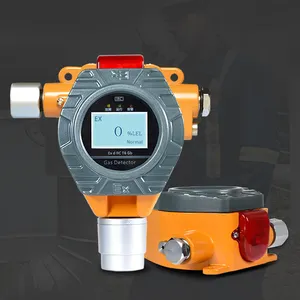



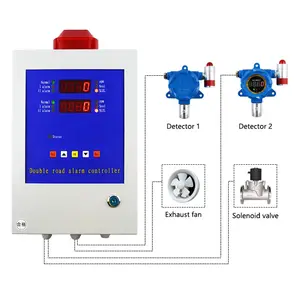

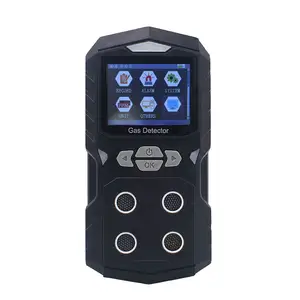


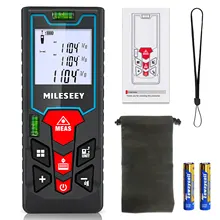




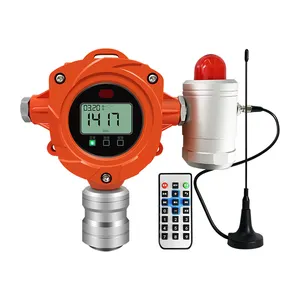
















 浙公网安备 33010002000092号
浙公网安备 33010002000092号 浙B2-20120091-4
浙B2-20120091-4